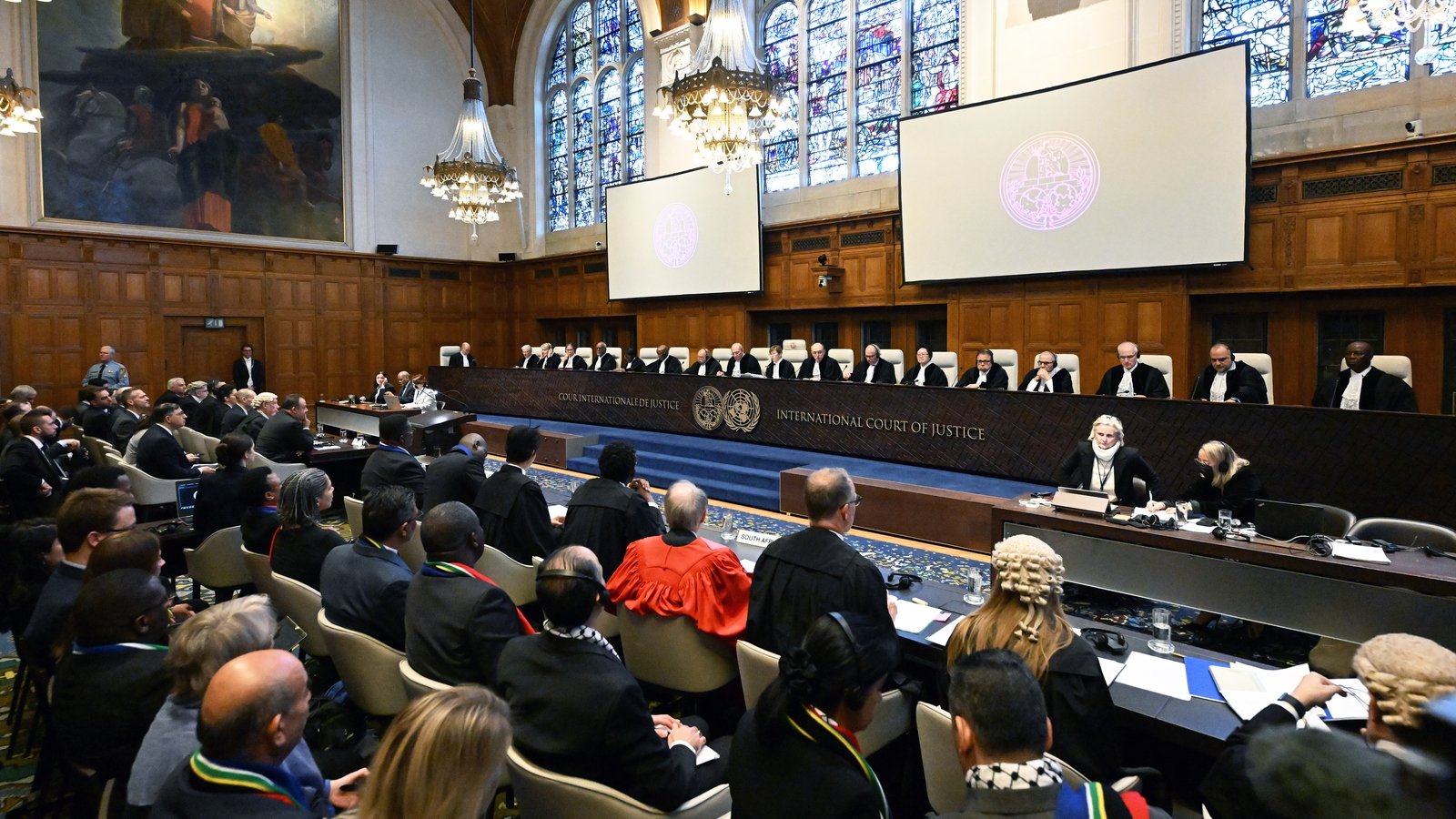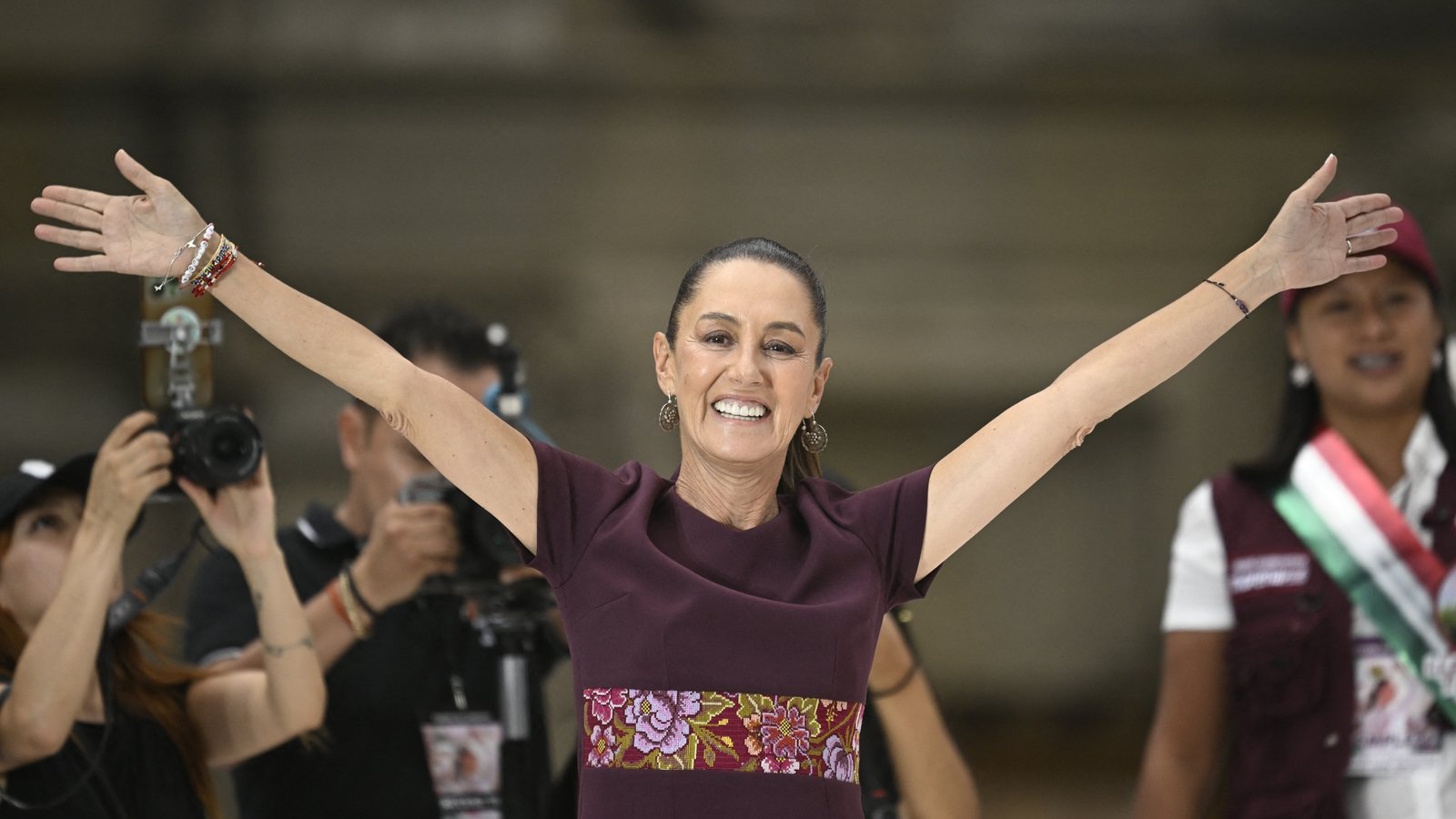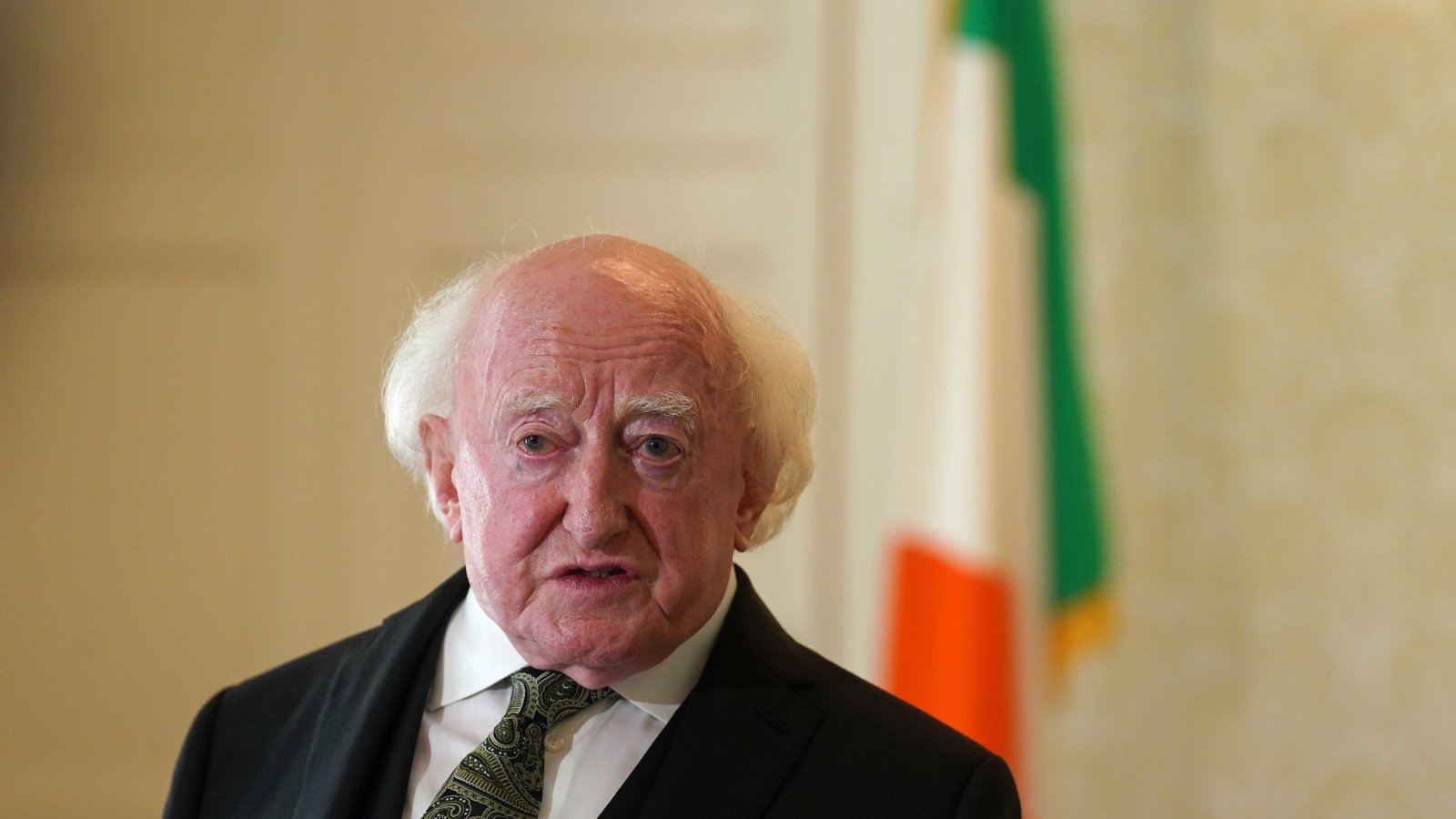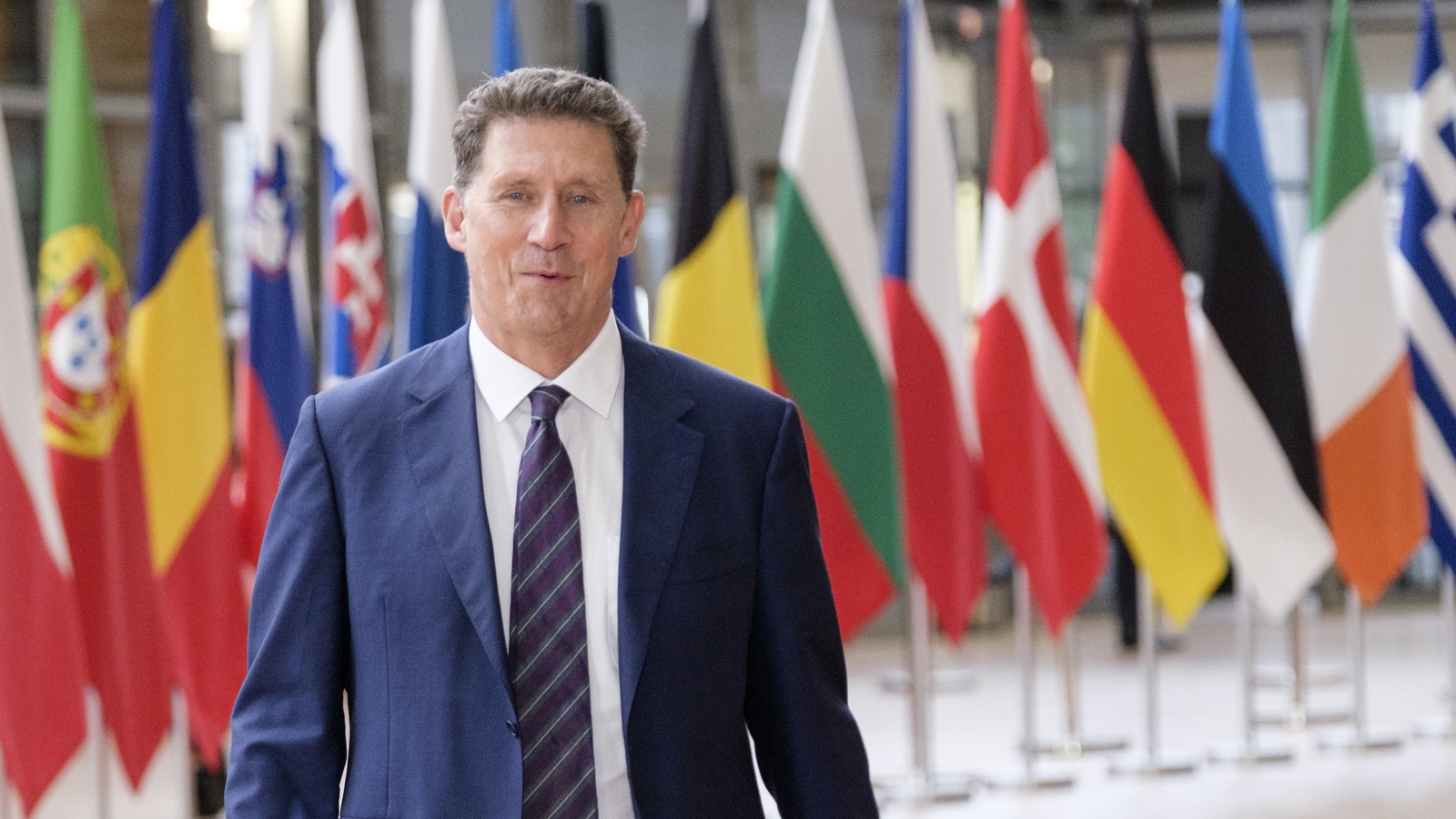Palestinians prepare for Ramadan in the shadow of war
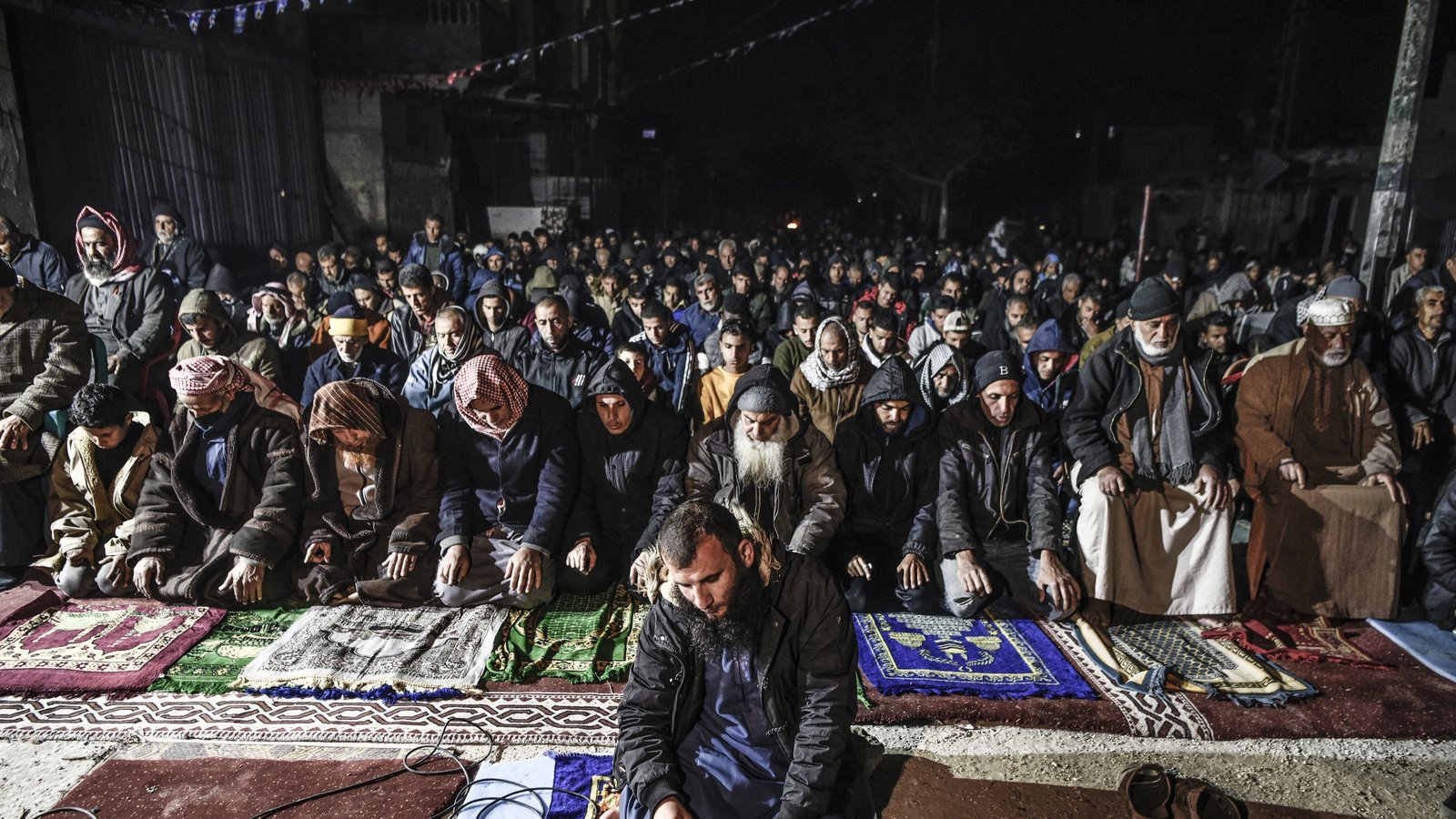
Palestinians prepared for Ramadan in a sombre mood with heightened security measures by Israeli police and the spectre of war and hunger in Gaza overshadowing the normally festive Muslim holy month as talks to secure a ceasefire stalled.
Thousands of police have been deployed around the narrow streets of the Old City in Jerusalem, where tens of thousands of worshippers are expected every day at the Al Aqsa mosque compound, one of the holiest sites in Islam.
The area, considered the most sacred place by Jews who know it as Temple Mount, has been a longstanding flashpoint for trouble and was one of the starting points of the last war in 2021 between Israel and Hamas.
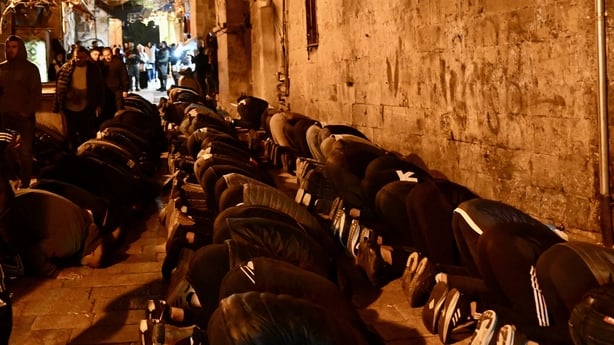
That 10-day conflict has been dwarfed by the current war, which is now in its sixth month.
It began on 7 October when thousands of Hamas fighters stormed into Israel, killing some 1,200 people, by Israeli tallies.
Israel’s relentless campaign in Gaza has caused increasing alarm across the world as the growing risk of famine threatens to add to a death toll that has already passed 31,000.
In a Ramadan message to Muslims at home and abroad, US President Joe Biden pledged to continue to push for humanitarian aid to Gaza, a ceasefire and long-term stability for the region.
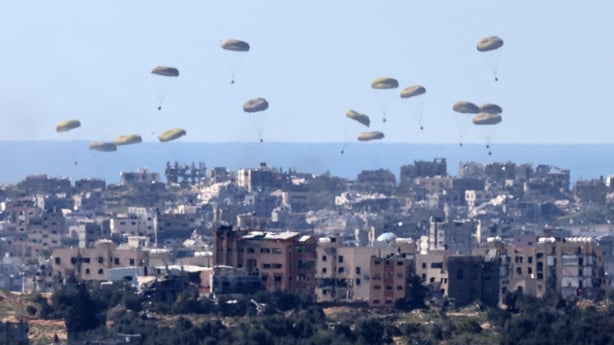
After some confusion last month when hard-right Security Minister Itamar Ben Gvir said he wanted restrictions on worshippers at Al Aqsa, Prime Minister Benjamin Netanyahu said the numbers admitted would be similar to last year.
The start of Ramadan depends on lunar observations, for Palestinians it will begin today, while it will start tomorrow in some Arab and Muslim countries.
Police said they were working to ensure a peaceful Ramadan and had taken extra measures to crack down on what they described as provocative and distorted information on social media networks and had arrested 20 people suspected of incitement to terrorism.
“The Israel Police will continue to act and allow for the observance of Ramadan prayers safely on the Temple Mount, while maintaining security and safety in the area,” police said in a statement.
Last year, clashes that erupted when police entered the mosque compound drew condemnation from the Arab League as well as Saudi Arabia, with which Israel had been seeking to normalise diplomatic ties, extending its push to build ties with regional powers including the United Arab Emirates.
Ceasefire hopes
Hopes for a ceasefire, which would have allowed Ramadan to pass peacefully and enabled the return of at least some of the 134 Israeli hostages held in Gaza, appear to have been disappointed with talks in Cairo apparently stalled.
A Hamas official said the group was open to more negotiations but, as far as he knew, no dates had been set for further meetings with mediators in Cairo.
In the ruins of Gaza itself, where half the 2.3 million population is squeezed into the southern city of Rafah, many living under plastic tents and facing a severe shortage of food, the mood was correspondingly sombre.
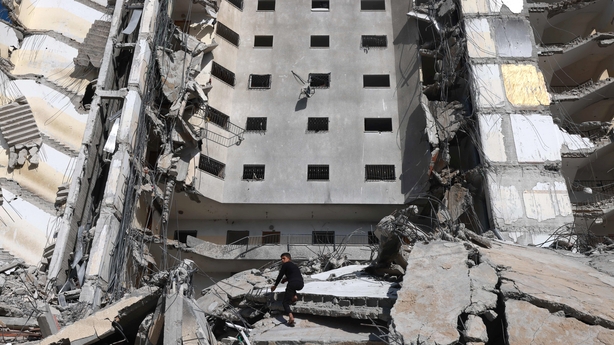
Philippe Lazzarini, head of the U.N. Palestinian refugee agency UNRWA, said in a post on X that the month of Ramadan Should “bring a ceasefire for those who have suffered the most” but instead for Gazans “it comes as extreme hunger spreads, displacement continues & fear + anxiety prevail amid threats of a military operation on #Rafah”.
In the southern Gaza town of Al-Mawasi, Palestinian health officials said 13 people were killed in an Israeli military strike on a tented area where thousands of displaced people were taking shelter.
There was no immediate Israeli comment.
In the West Bank, which has seen record violence for more than two years and a further surge since the war in Gaza, the stakes are also high, with Jenin, Tulkarm, Nablus and other volatile towns braced for further clashes.
For many Gazans, there is little alternative but to hope for peace.
“Ramadan is a blessed month despite the fact this year is not like every year, but we are steadfast and patient, and we will welcome the month of Ramadan as usual, with decorations, songs, with prayers, fasting,” said Nehad El-Jed, who was displaced with her family in Gaza.
“Next Ramadan, we wish for Gaza to come back, hopefully all the destruction and the siege in Gaza will change, and all will come back in a better condition.”

